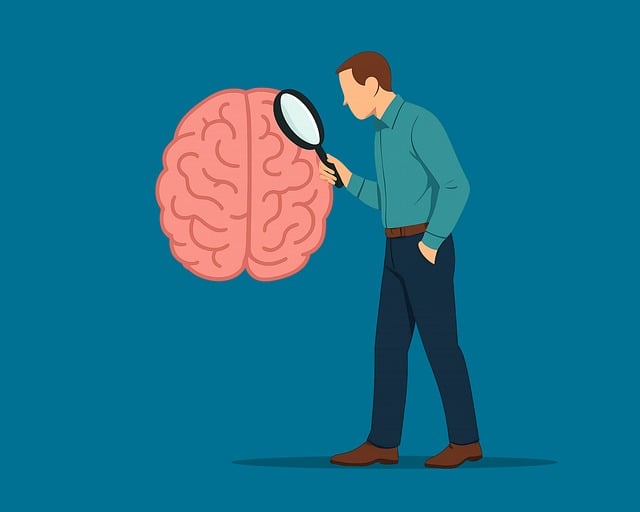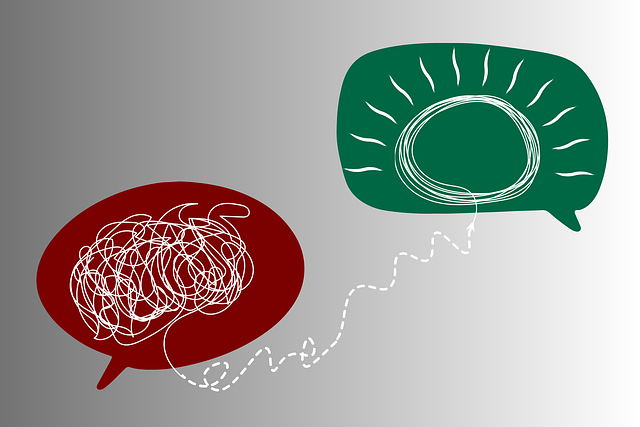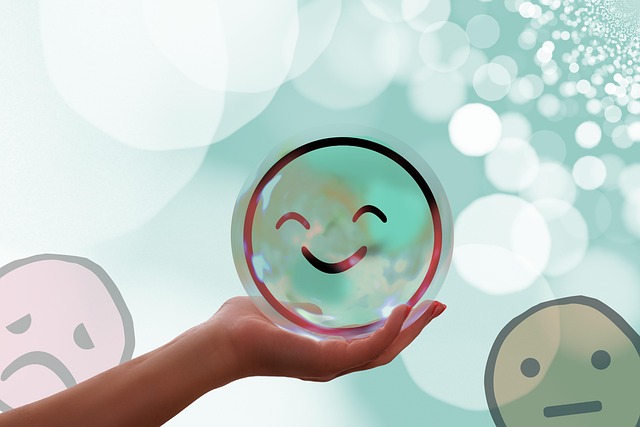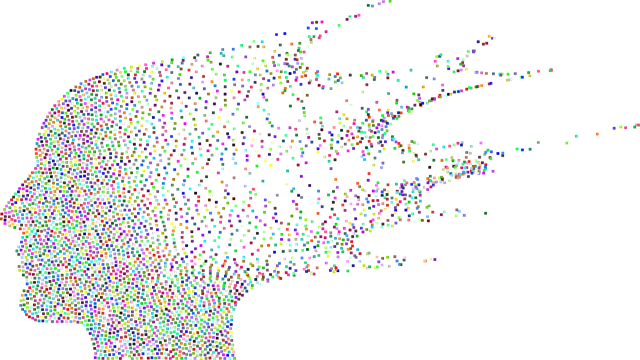Positive thinking exercises, backed by independent medical evaluations (IMEs), significantly enhance adult mental well-being, reducing stress, anxiety, and depression while improving coping mechanisms and life satisfaction. IMEs provide unbiased assessments of therapy progress, tracking improvements in symptoms, behavior, and emotional intelligence. These exercises are valuable tools in holistic mental health management, accessible and effective enough to empower individuals through self-care routines like journaling and mindfulness. Cultural sensitivity ensures tailored treatments for diverse populations, highlighting the real-world benefits of such therapy approaches for adults.
Positive thinking exercises have emerged as a powerful tool for enhancing adult mental well-being. This article delves into the understanding, implementation, and effectiveness of these practices, offering practical strategies for integrating positive thinking into daily routines. We explore the role of independent medical evaluations in measuring the impact of positive thinking therapy, highlighting its potential to revolutionize mental health care for adults.
- Understanding Positive Thinking Exercises: A Powerful Tool for Adult Mental Well-being
- Integrating Positive Thinking into Daily Routines: Strategies for Self-Care
- Measuring Success: Independent Medical Evaluations and the Impact of Positive Thinking Therapy
Understanding Positive Thinking Exercises: A Powerful Tool for Adult Mental Well-being

Positive thinking exercises are a powerful tool designed to enhance adult mental well-being. These practices involve deliberate efforts to reframe thoughts and perspectives in a more optimistic and positive light, fostering a sense of hope and resilience. By integrating positive thinking into daily routines, individuals can experience significant improvements in their emotional and psychological states. Research has shown that these exercises can reduce stress, anxiety, and depression, while promoting better coping mechanisms and overall life satisfaction.
In the context of mental health policy analysis and advocacy, positive thinking exercises hold immense potential as part of comprehensive mental health education programs design. Independent medical evaluations often highlight the need for accessible and effective interventions to support adult mental health. Incorporating these exercises into therapeutic settings, community workshops, or even personal development initiatives can empower individuals to take control of their mental well-being, complementing traditional therapy approaches and contributing to a holistic mental health strategy.
Integrating Positive Thinking into Daily Routines: Strategies for Self-Care

Incorporating positive thinking into daily routines is a powerful tool for self-care and well-being. It begins with simple yet profound shifts in perspective, encouraging individuals to focus on the present moment and cultivate gratitude. For adults seeking emotional growth, empathy building strategies and compassion cultivation practices play a significant role. By engaging in activities that foster these skills, one can enhance their ability to navigate life’s challenges with resilience and grace.
Regular self-care routines, such as journaling or mindful meditation, create spaces for introspection and emotional healing processes. Independent medical evaluations can also provide valuable insights into an individual’s mental health status and guide them towards tailored strategies for improving overall well-being. Through consistent practice, these methods not only promote positive thinking but also foster a deeper sense of self-acceptance and connection with others.
Measuring Success: Independent Medical Evaluations and the Impact of Positive Thinking Therapy

Measuring success is a crucial aspect of any therapeutic journey, and for positive thinking exercises, it involves more than just self-reported feelings. Independent Medical Evaluations (IMEs) play a significant role in assessing the effectiveness of therapy for adults. These evaluations provide an objective measure of progress by qualified healthcare professionals who can analyse changes in symptoms, behaviour, and overall mental health status.
For positive thinking therapy, IMEs can help gauge improvements in areas like depression prevention and emotional intelligence. By incorporating cultural sensitivity in mental healthcare practice, these assessments can also capture the impact of therapeutic interventions on diverse populations. This data is invaluable for tailoring treatments to individual needs and demonstrating the tangible benefits of such exercises in real-world settings.
Positive thinking exercises, when integrated into daily routines, offer a powerful therapy for adults aiming to enhance their mental well-being. By focusing on cultivating optimistic thoughts and reframing negative ones, individuals can experience significant improvements in their overall life satisfaction. As discussed, these strategies are backed by scientific research and have even shown promising results when combined with independent medical evaluations. Embracing positive thinking as a proactive self-care practice can lead to profound personal growth and a more fulfilling life.














